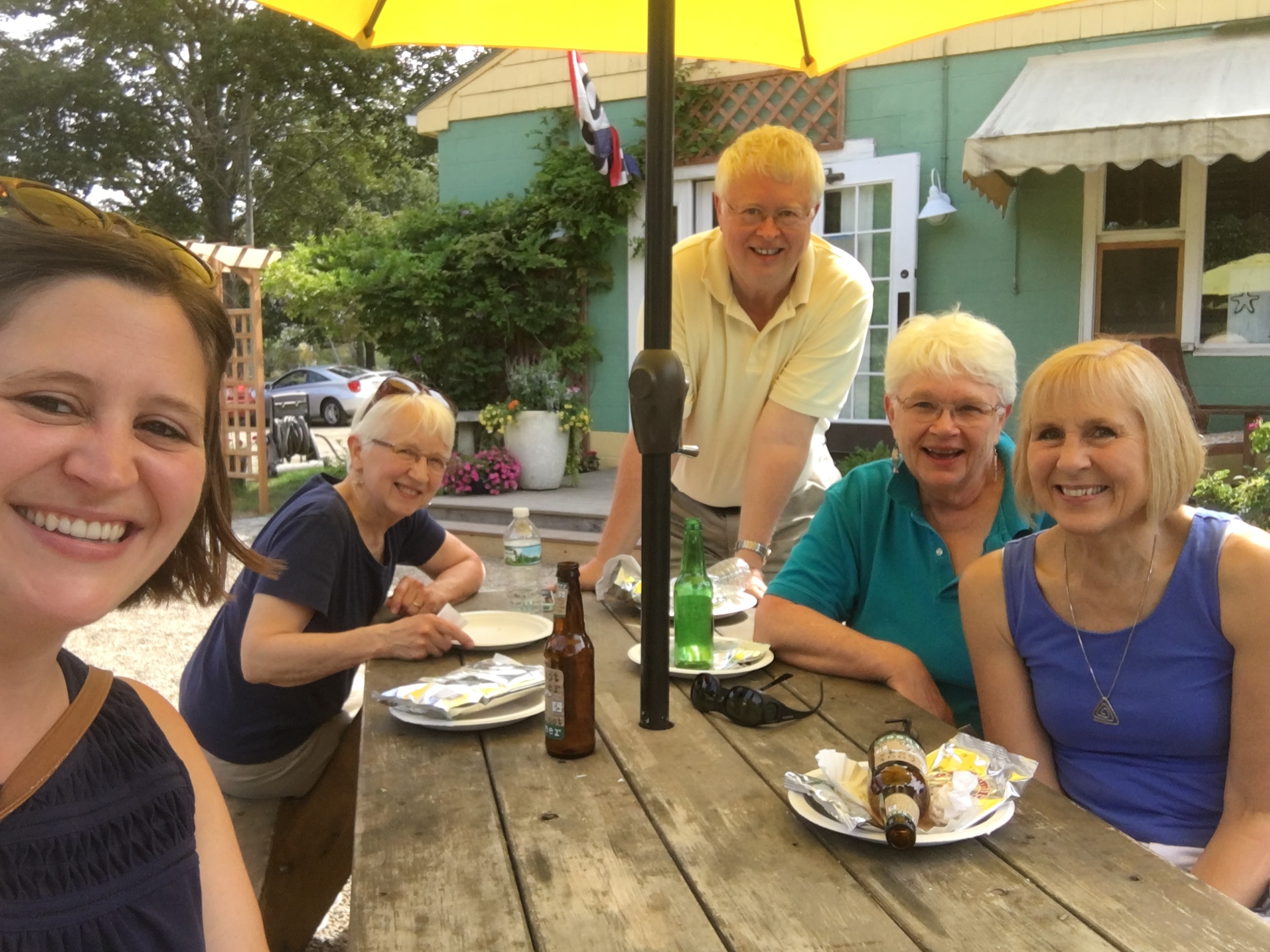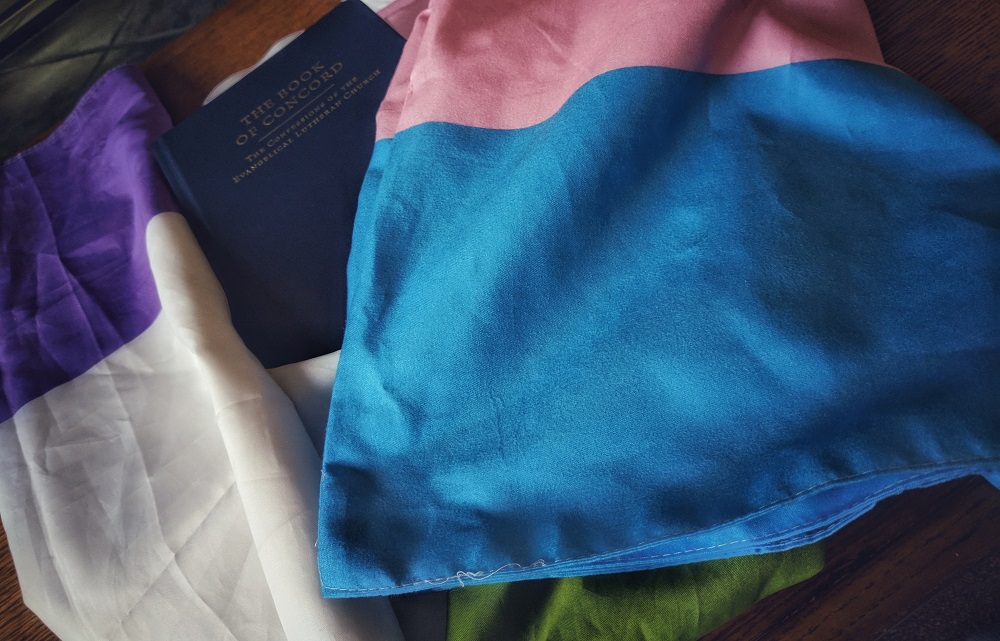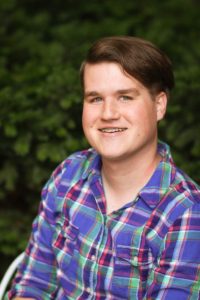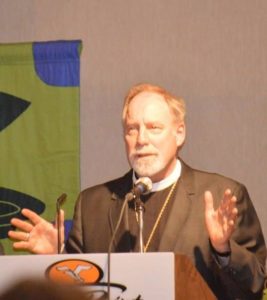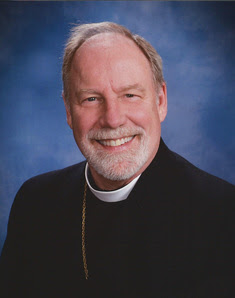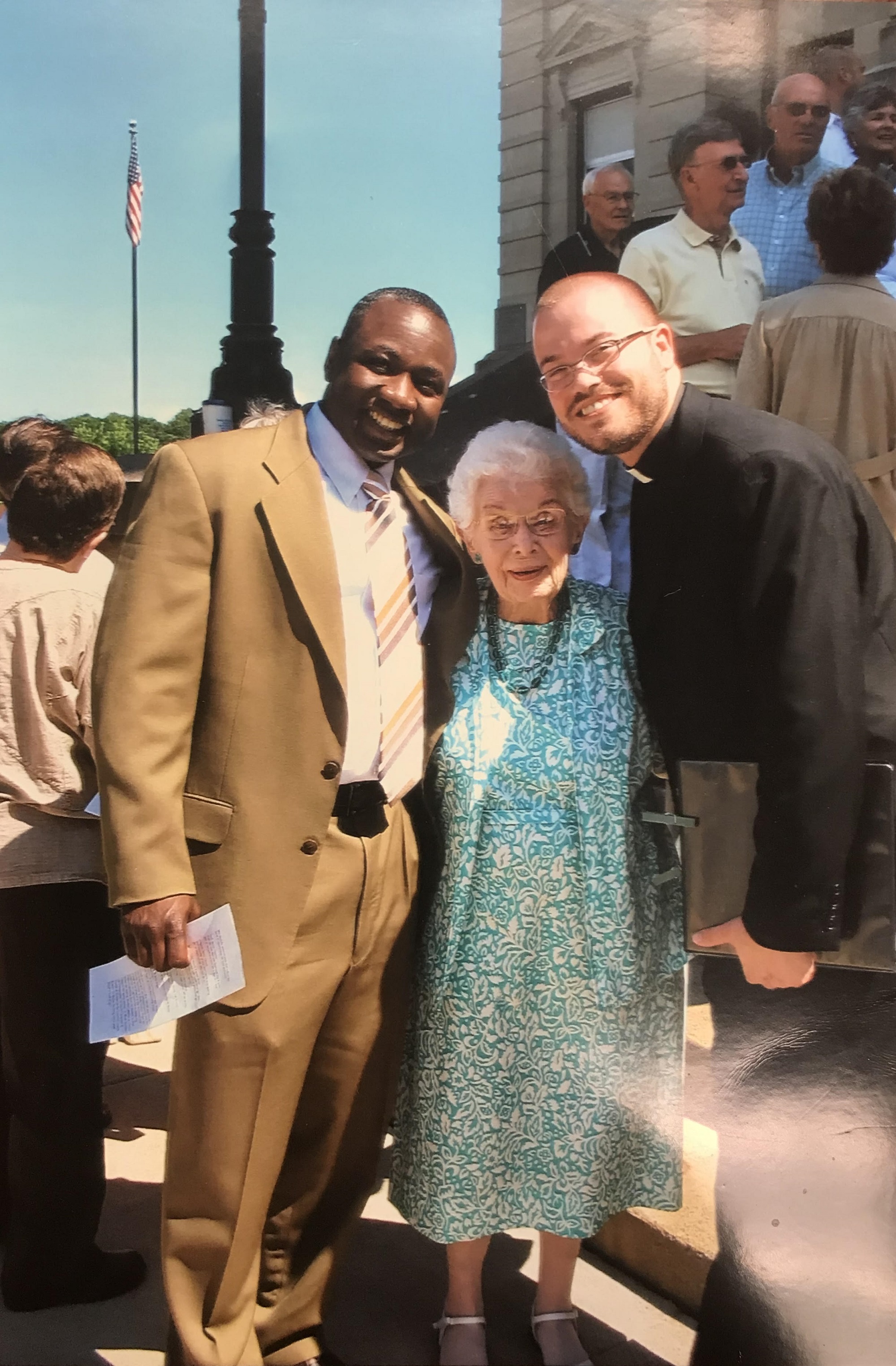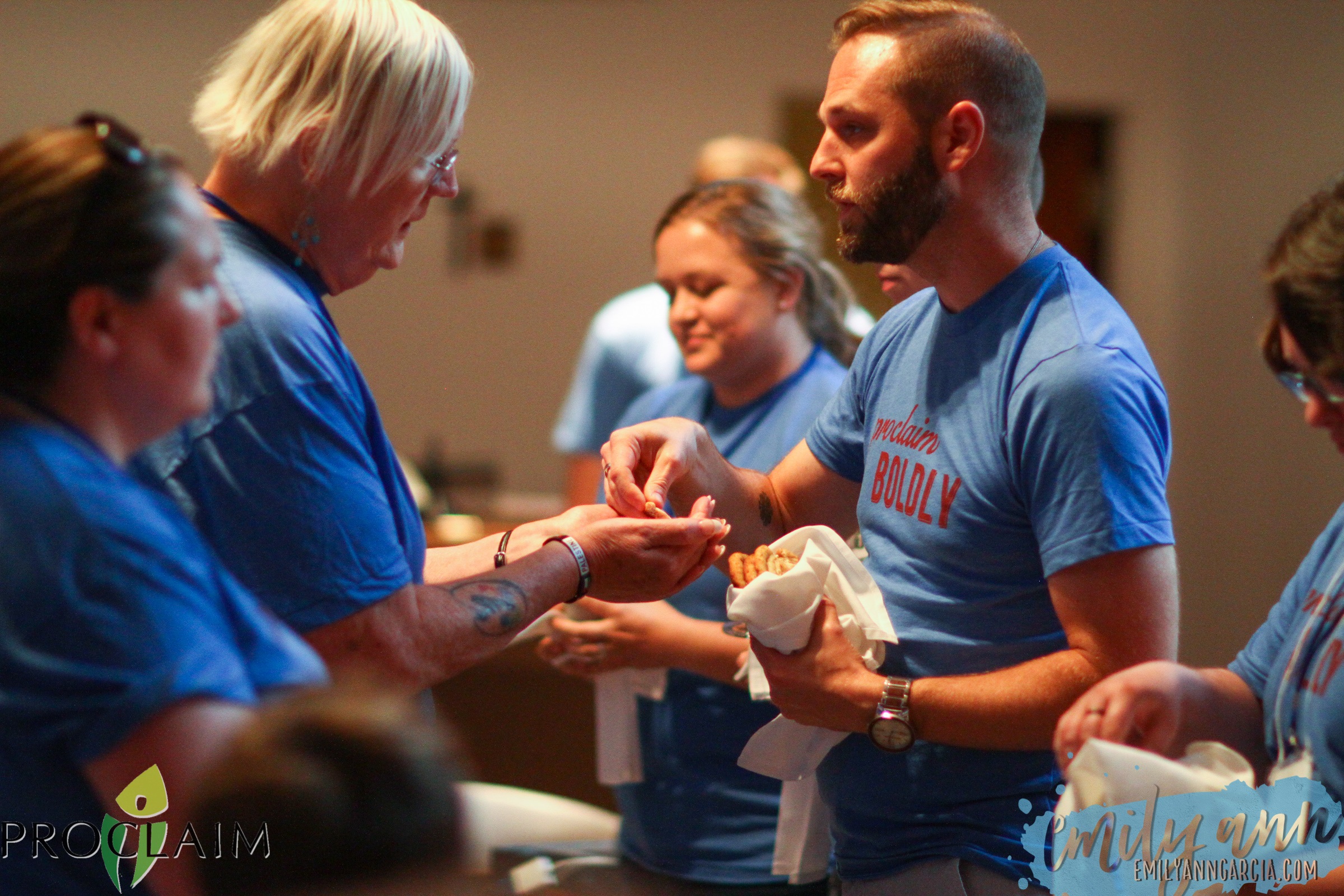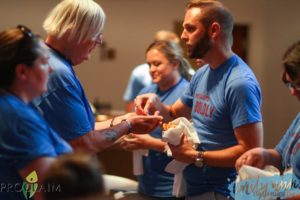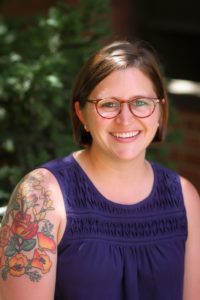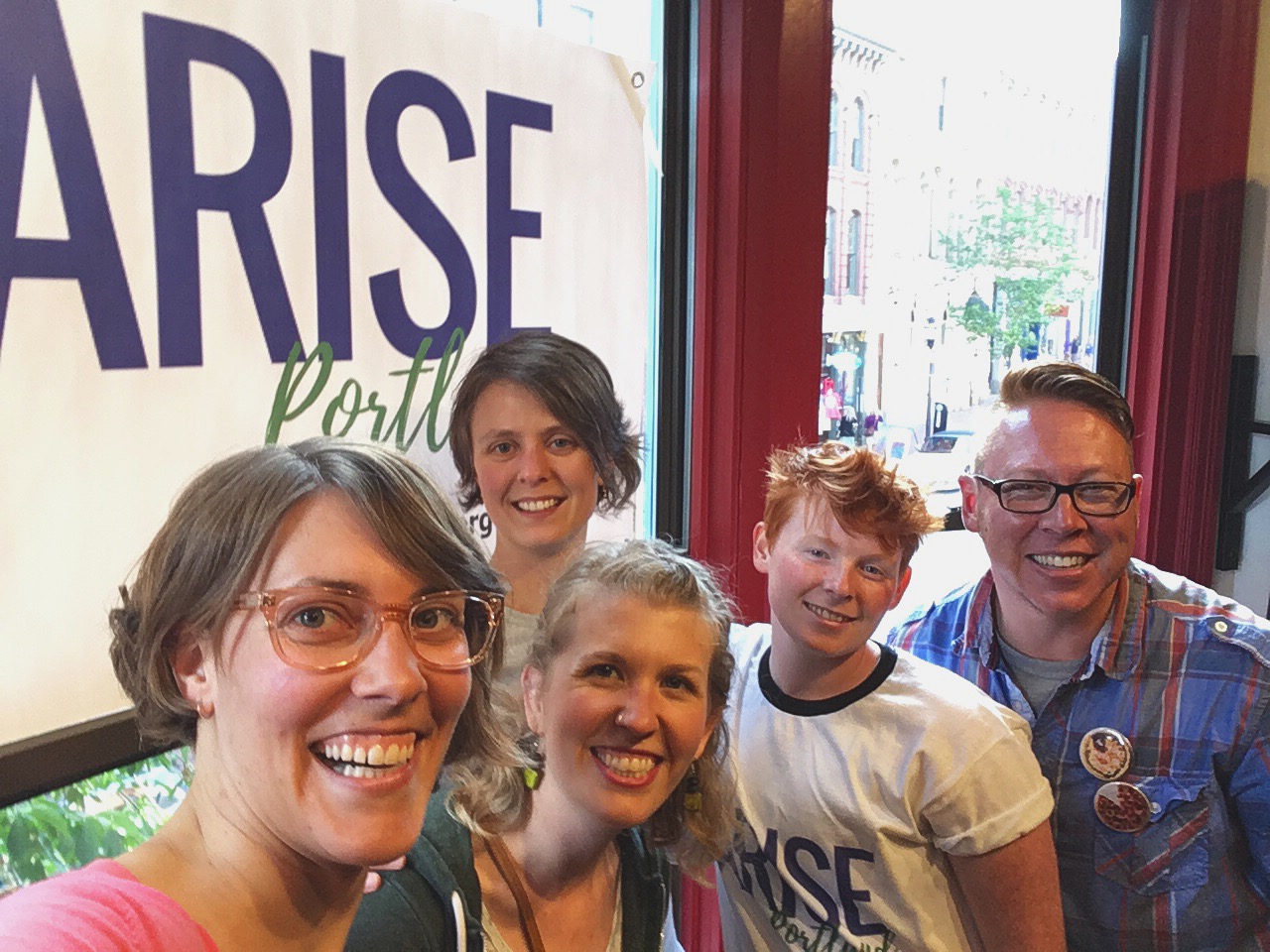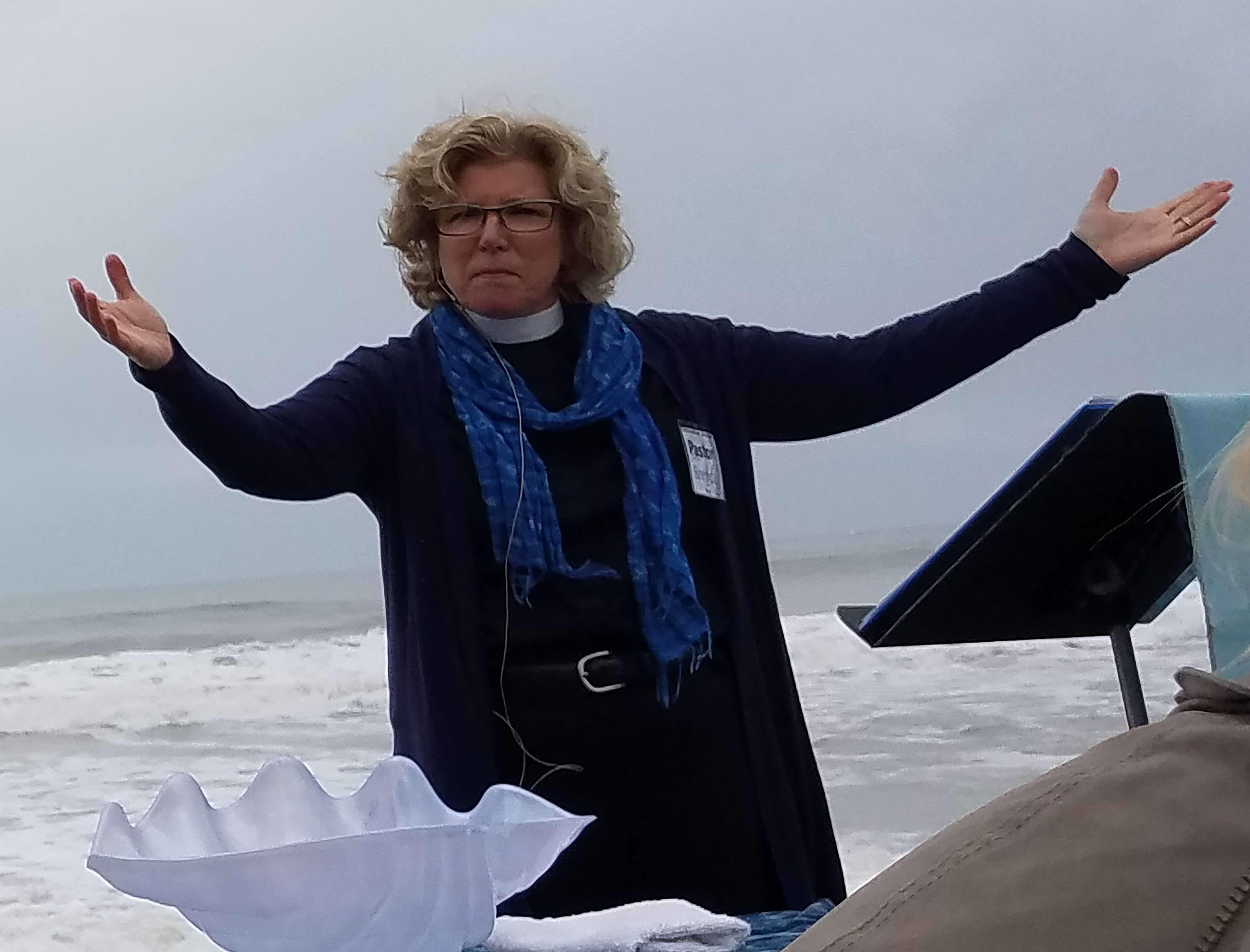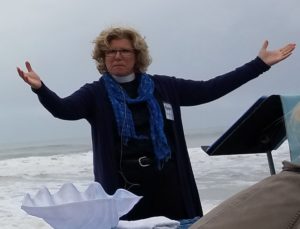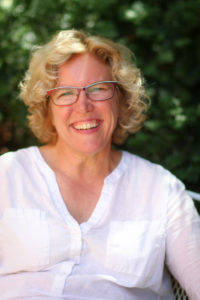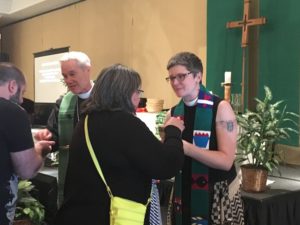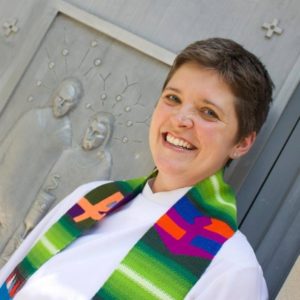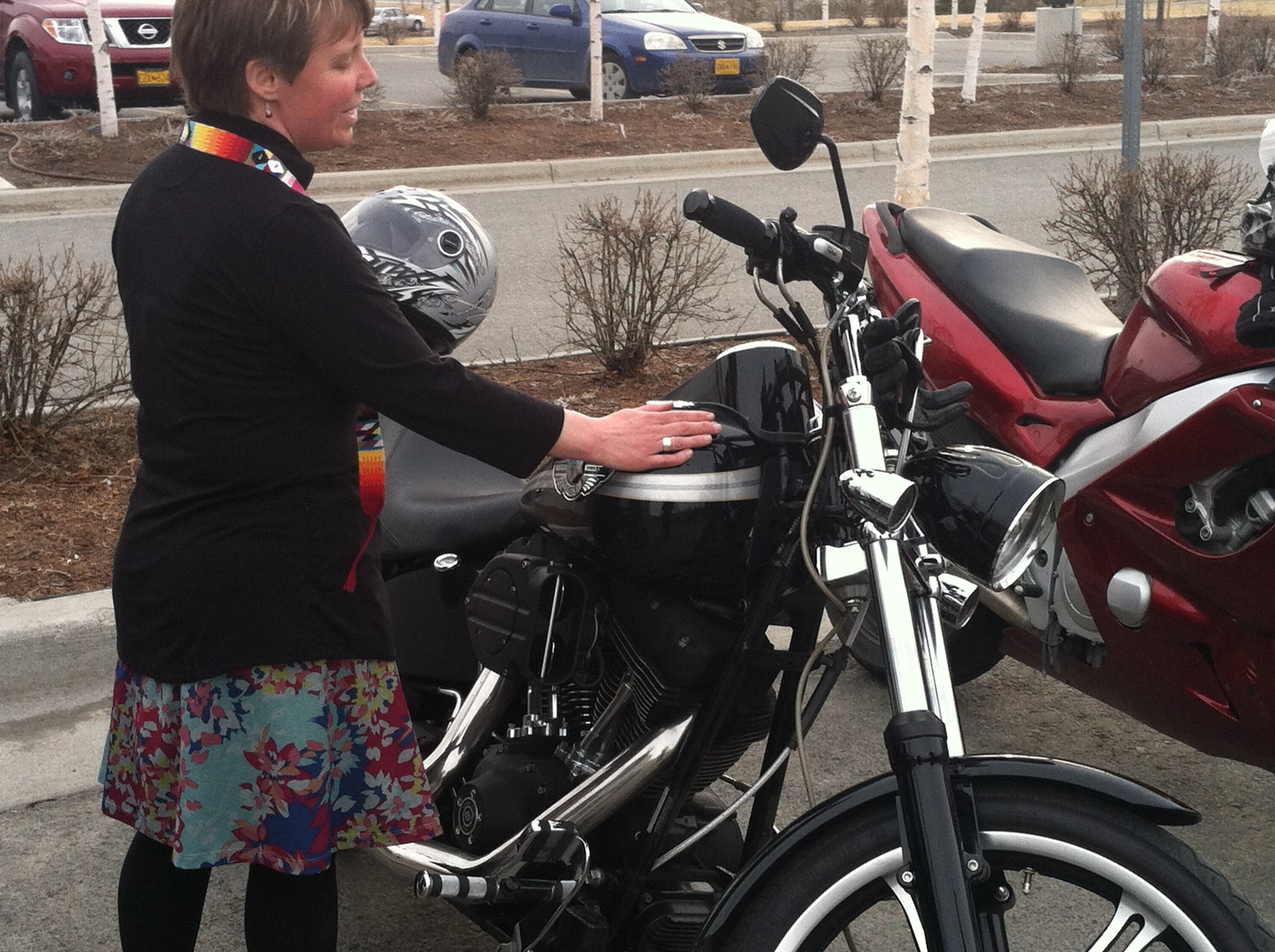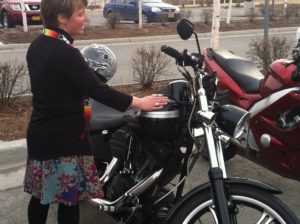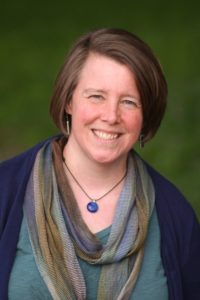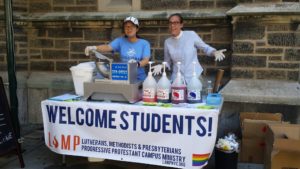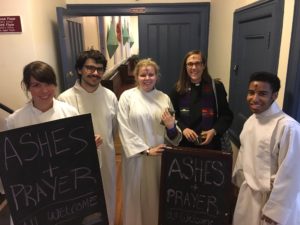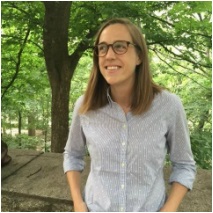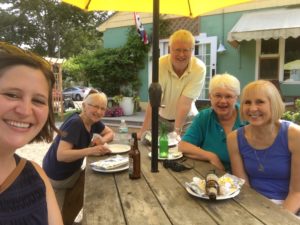
L-R: Amanda Nelson, Pat Potter, Larre Nelson, Brenda Moulton, Lisa Nelson – enjoying lobster rolls at a shack in Maine.
by the Rev. Amanda Nelson
ELM Executive Director
“Mom, are Pat and Brenda more than friends?”
Pat was the organist at my church from when I was just a little kid to when I was a young adult. She is tiny in stature but mighty in gifts for music and compassion. Pat is ordained in the United Church of Christ (UCC) so she served our church both as an organist as well as an Associate Pastor for visitation.
Pat had a “friend,” Brenda, who would come to church with her from time to time. Brenda was also a pastor, ordained in the American Baptist Church, so she couldn’t be there every Sunday. Brenda was nice, had a wicked sense of humor, and she would sing alto with me when she came to church – so, I liked her a lot!
When I was in middle school, my best friend Jenni and her family started attending our church as well. One time, Jenni and I were talking about church and she talked about “Pat and her partner, Brenda.”
I was confused…Brenda was Pat’s friend! Surely my parents would have told me if Pat and Brenda were more than friends, right?
Wrong – but not because my parents had any issue with Brenda and Pat’s relationship. My parents wanted my siblings and I to love Pat and Brenda for Pat and Brenda and not allow the world’s negativity around gay people to get in the way of our relationship.
Without knowing it, Pat was the first gay pastor I met; and, even after learning the truth about their relationship, Pat and Brenda were the first gay pastors I knew I could turn to when I was learning more about the church’s stance on same-gender relationships and eventually discerning my own orientation and call.
It was Brenda who first gave me a brochure that said “Everything Jesus ever said about homosexuality” on the front – and then, when you opened it, it was blank inside.
Pat has walked with my family through the joys of confirmations and graduations and the sorrows of losing loved ones.
I can still remember the warm hugs they gave me when I told them “I think I’m gay” and the excited looks on their faces when I said “I think I want to be a pastor.”
My family and I remain close to Pat and Brenda and I still find myself seeking their wisdom and basking in their love when we get together.
I am so immensely grateful for their witness in my life. Pat and Brenda, I give thanks for you today!
“Rejoice always, pray constantly, and give thanks for everything – for this is God’s will for you in Christ Jesus.” – 1 Thessalonians 5:16-18
Friends! Are there LGBTQIA+ pastors or deacons who are part of your past or present faith journey that you’re grateful for? Who are the “Pat and Brenda” of your story?
Proclaimers! Are there individuals or communities that took a leap of faith to support you as an LGBTQIA+ leader in our church that you’d like to thank?
Extraordinary Lutheran Ministries invites you over these next few days to publicly express your thanks! Write a letter, pick up the phone, or write a post on social media (i.e. Facebook, Twitter, etc.) with the hashtag #ELMgivesthanks.
We look forward to hearing your stories!
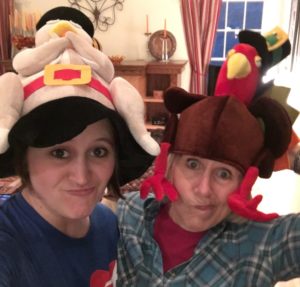
Rev. Amanda Nelson is the Executive Director of Extraordinary Lutheran Ministries. There is so much that she is grateful for this year – including the privilege to work with and for gender and sexual minority leaders in the Lutheran Church. She and her girlfriend, Tasha, are “hosting” Thanksgiving at Tasha’s parents’ house today (aka making all the food)…pray for them!

